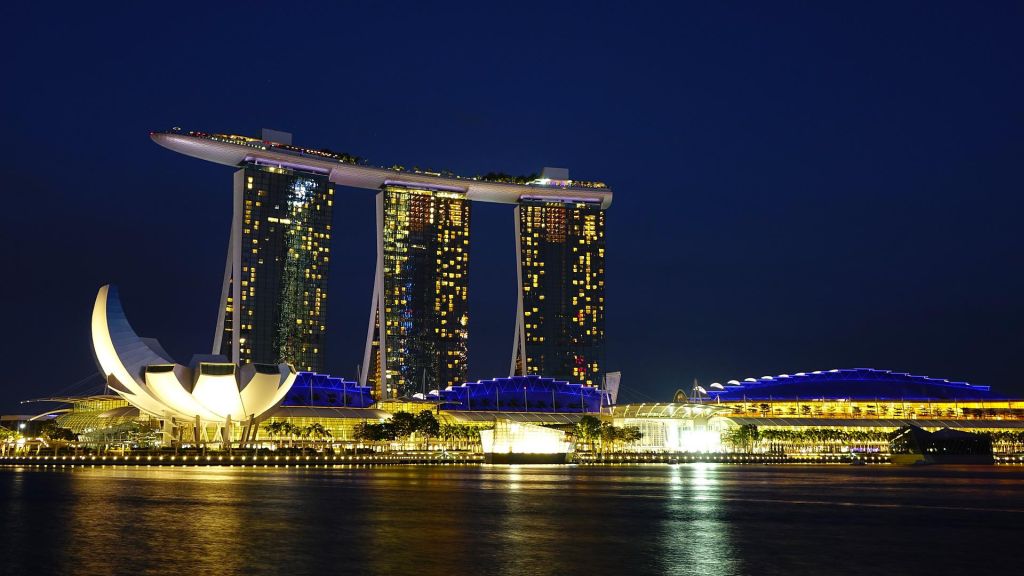Mercosur is orienting itself towards Asia
The South American economic community Mercosur has concluded a free trade agreement with Singapore and Uruguay is seeking a free trade zone with China. However, the member states are not in agreement.
by Alexander Busch, Latin America correspondent for Handelsblatt and Neue Zürcher Zeitung
After four years of negotiations, Mercosur wanted to celebrate the conclusion of negotiations with Singapore on a free trade area last week at its 60th presidential summit. The city-state is to become a kind of outpost of the South American member states of Mercosur in the Far East. Companies from Singapore have invested in infrastructure (airports, shipyards) and basic industry in South America.
But the celebration was cancelled: At the meeting in Asunción, the host Paraguay had every effort to mediate between the different interests of the members.
This was easiest for Brazilian President Jair Bolsonaro. He did not even show up for the meeting – the first time in the history of the group, which was founded in 1991 and consists of Argentina, Brazil, Paraguay and Uruguay. Bolsonaro offered no explanation for his absence. But his absence was no real surprise either: Since the beginning of his term in office in 2019, the Brazilian president has made it clear on several occasions that he thinks little of the economic community.
Uruguay, for example, intends to stick to its plan to conclude a free trade agreement with China before the end of the year. The smallest country in the EU has been pursuing this goal for some time.
In the past, the large countries Argentina and Brazil were able to convince the much smaller Uruguay time and again not to open up to China. But now Uruguay desperately wants the agreement with China in order to benefit from lower import prices and investment from the Far East.
The larger states in the zone fear competition from the Far East: They have their own industries and want to protect their markets. It remains open how Mercosur will continue as an economic community if China gains free access to Uruguay.
The rapprochement with China poses an additional problem for the economic community, because Paraguay is traditionally one of the few remaining countries in the region that continues to maintain official diplomatic relations only with Taiwan rather than with China.
Nevertheless, Mercosur’s new opening momentum toward Asia is likely to continue: Mercosur is negotiating with South Korea. These negotiations are currently stagnating, as are those with Canada. But this could change quickly if new governments in South America want to expand the bloc’s trade relations.
This is because Mercosur’s 2019 agreements with the EU and EFTA – the free trade organization of Iceland, Liechtenstein, Norway and Switzerland – are stuck. This is mainly because the Europeans reject an agreement with Brazil under President Bolsonaro because of his environmental and Amazon policies.
A group of EU parliamentarians has just been to Brazil. It declared at the end of the trip that it wanted to increase the pressure on Brazil because of the misguided environmental policy.
In the medium term, Mercosur will probably have no alternative but to open up to the Far East.






